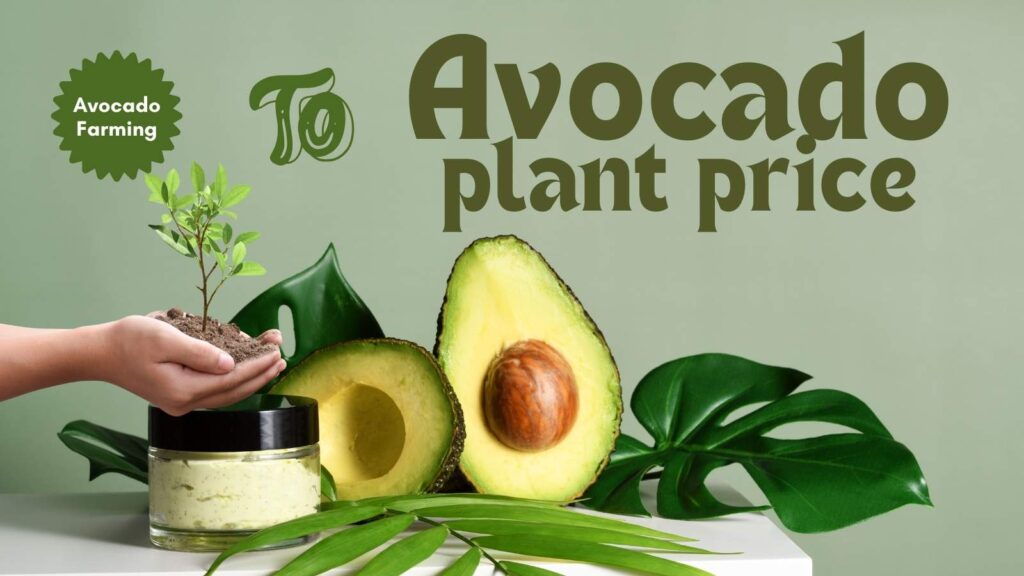The debate around whether Egg Is Vegetarian Or Nonvegetarian remains a controversial one within various cultures and for those pursuing veganism. While vegetarians generally avoid meat, fish, and poultry, many include eggs in their diet as eggs are seen as dairy products and involve no direct killing of animals.
However, vegans argue that eggs do come from animal sources, involve commercial exploitation, and hence cannot be vegetarian. The distinction lies between vegetarian diets avoiding direct flesh versus complete abstinence from animal derivatives.
So let’s First Understand the meaning of Vegetarian and non-vegetarian.
Contents
Vegetarian Meaning:
Vegetarianism is the practice of abstaining from the consumption of meat (red meat, poultry, seafood, and the flesh of any other animal), as well as abstaining from by-products of animal slaughter.
Vegetarians typically consume a plant-based diet, including fruits, vegetables, legumes, grains, nuts, seeds, and foods made from these sources.
Several types of vegetarian diets involve excluding some or all animal products, such as lacto-ovo vegetarian (allows eggs and dairy), lacto vegetarian (allows dairy), and vegan (excludes all animal products).
The reasons for adopting a vegetarian diet include health considerations, environmental concerns, ethical issues related to animal rights, and religious beliefs. Regardless of the motivation, vegetarians do not eat any form of meat or seafood.
Nonvegetarian Meaning:
- Nonvegetarian refers to a diet that includes the consumption of meat, poultry, fish, and seafood.
- A non-vegetarian diet is composed of not just plants and vegetables but also animal-derived foods like meat, eggs, dairy products, etc.
- Nonvegetarians have a less restrictive diet and food choices than vegetarians or vegans as they are open to eating both plant-based and animal-based food products.
what does medical science say about Eggs Is it Vegetarian Or Nonvegetarian?
Here is what medical science and health experts say about whether eggs are vegetarian or non-vegetarian:
- From a nutritional standpoint, eggs are considered an animal product as they contain nutrients like vitamin B12, vitamin D, selenium, and zinc which normally come from animal sources.
- Eggs also contain cholesterol and saturated fats, which makes them similar in composition to other animal foods like meat and dairy.
- However, health experts agree that eggs can be part of a healthy diet in moderation, for both vegetarians and non-vegetarians.
- For lacto-ovo vegetarians who consume dairy and eggs, adding eggs provides beneficial proteins, fats, and micronutrients that may be harder to obtain from plant sources alone.
- For vegans who avoid all animal products, eggs are definitively considered non-vegetarian and excluded from the diet.
- While eggs are themselves non-flesh vegetarian, the production methods of the commercial egg industry raise ethical concerns for some about the exploitation of chickens.
- From a nutritional and health perspective, eggs technically are non-vegetarian. However they can be accommodated in a vegetarian diet based on personal choice and ethical considerations.
So Finally Egg Is Vegetarian Or Nonvegetarian?
However, it’s worth noting that eggs are an excellent source of protein and other essential nutrients. They contain all nine essential amino acids, as well as vitamins A, D, E, and K. In addition, eggs are low in carbohydrates and high in choline, a nutrient that plays a role in brain function and memory.
Overall, the decision to include eggs in a vegetarian diet should be based on personal preference and the individual’s dietary needs. It’s important to consider all aspects of one’s diet and consult with a healthcare professional if one has any concerns or questions.
Egg Is Vegetarian Or Nonvegetarian – Egg Is Vegetarian Or Nonvegetarian – Egg Is Vegetarian Or Nonvegetarian – Egg Is Vegetarian Or Nonvegetarian – Egg Is Vegetarian Or Nonvegetarian – Egg Is Vegetarian Or Nonvegetarian –


